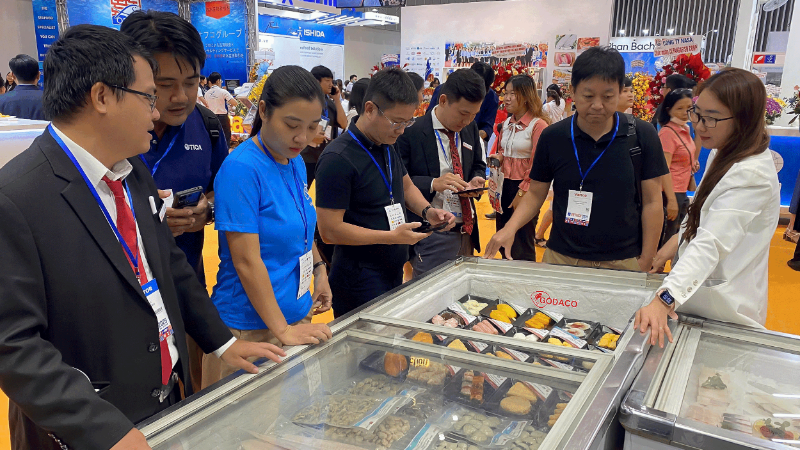
According to the Vietnam Association of Seafood Exporters and Producers (VASEP), the total world production of pangasius currently reaches ASC certification (sustainable farming) all come from Vietnam. This is proof of the quality and reputation of Vietnamese pangasius products in the world market, and is also a strong shift of the industry towards green and sustainable development.
ASC certification is an international certification, developed by the Aquaculture Stewardship Council to manage global standards for responsible aquaculture. ASC-certified seafood products have a superior advantage in brand reputation when accessing "difficult" export markets such as Germany, UK, Switzerland, USA, and Japan.
Vietnam currently has more than 58 ASC-certified pangasius farms, with a total output of more than 210,000 tons (by 2024), exported to 61 countries, mainly high-end markets with high requirements on environmental, social and food safety standards. ASC-certified pangasius farms in Vietnam also have outstanding production efficiency, saving an average of 140 m³ of water per ton of fish, productivity reaching more than 70%, disease control rate up to nearly 90%, contributing to significantly reducing costs, while increasing competitiveness.
In the Mekong Delta, the number of farms aquaculture ASC certified farms have increased rapidly in recent times, and cooperatives and chain linkage models with processing enterprises have also been formed. Thanks to this, farmers can access capital, technology, stable markets, and increased income.
ASC is one of the three most important certifications that Vietnamese seafood enterprises apply (along with GlobalG.AP and BAP), aiming towards safe, clean and responsible farming. This is a necessary standard to enhance product value, increase consumer confidence, expand market share in major markets, while contributing to environmental protection, sustainable community development, and improving farmers' livelihoods.
However, the new version of the ASC standards is causing difficulties for many aquaculture businesses and households, due to some regulations that are not suitable for production practices. Deputy Head of the VASEP Representative Office Tran Hoang Yen said that there are 10 groups of problems that aquaculture businesses are facing when applying ASC, such as conflicting regulations on antibiotic use, inappropriate buffer zone distances, waste treatment requirements beyond the capacity of businesses, etc. Some types of antibiotics that are allowed in the European Union (EU) market are banned by ASC, while some types banned in the US, EU and Japan are accepted by ASC. In addition, the traceability (CoC) regulations make many businesses worry about the risk of leaking sensitive business data, which can lead to unfair competition.
Regarding the difficulties of the new regulations that make it difficult for seafood businesses to apply and face the risk of violations, Mr. Koji Yamamoto, General Director of ASC in Japan, ASC Representative in Southeast Asia, said that the ASC program is international and must integrate many different international frameworks, which sometimes leads to inconsistencies. However, ASC can adjust to reality through the "request for adjustment" mechanism, thereby amending the standard or allowing the best alternative solutions. Regarding antibiotics, ASC wants to coordinate and exchange more with businesses and VASEP. For farmed products using antibiotics, farms can still keep ASC certification, but that batch cannot be labeled ASC when exported. From October 2025, ASC standard aquaculture facilities are required to use feed sources from ASC standard factories.
International certifications such as ASC, MSC (sustainable fishing), BAP (good aquaculture practices)... are all being upgraded to new versions with increasingly higher requirements. Adapting to the new regulations of ASC is both a challenge and an opportunity for seafood businesses to constantly innovate, enhance product value and meet the green consumption trend in the world.
Source: https://baoquangninh.vn/ca-tra-viet-nam-dap-ung-tieu-chuan-khat-khe-3375339.html



![[Photo] Binh Trieu 1 Bridge has been completed, raised by 1.1m, and will open to traffic at the end of November.](https://vphoto.vietnam.vn/thumb/1200x675/vietnam/resource/IMAGE/2025/10/2/a6549e2a3b5848a1ba76a1ded6141fae)








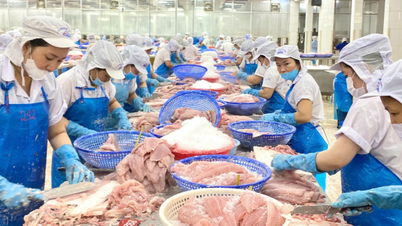
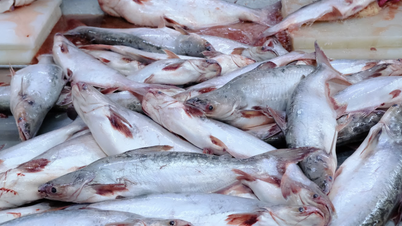


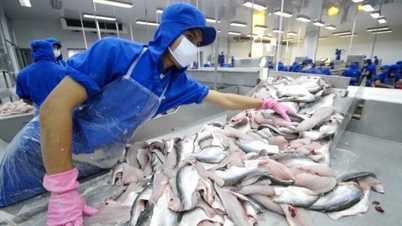
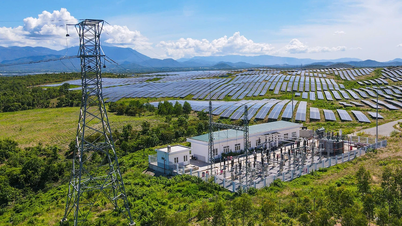



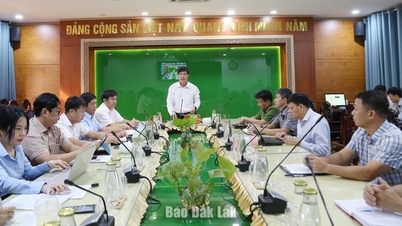

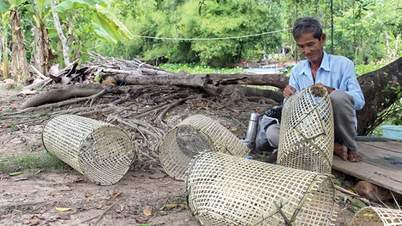

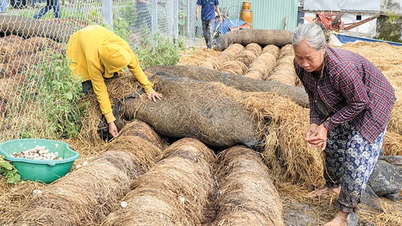
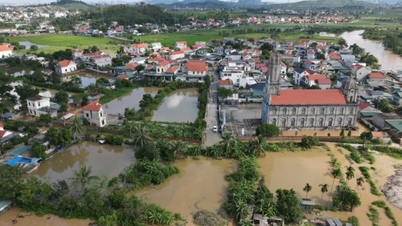





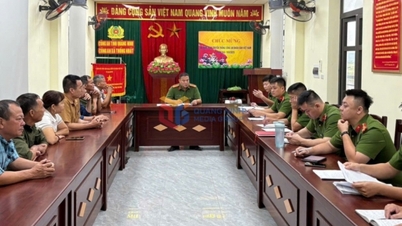
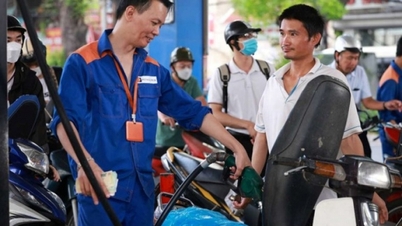
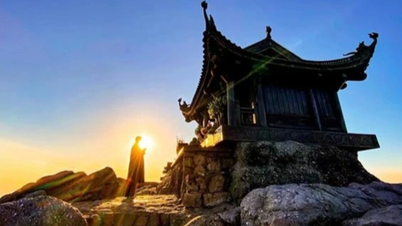

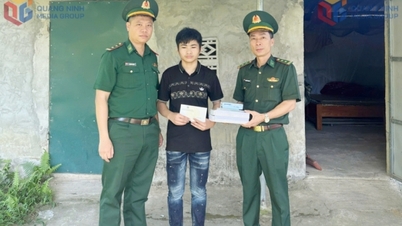















































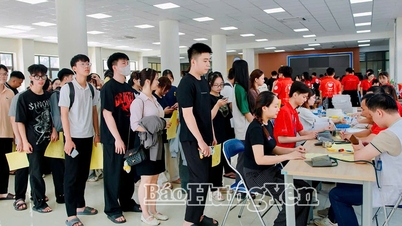


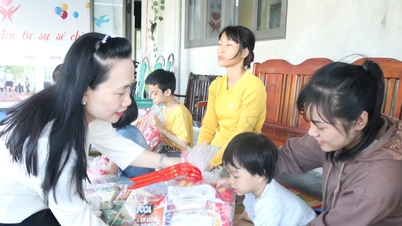

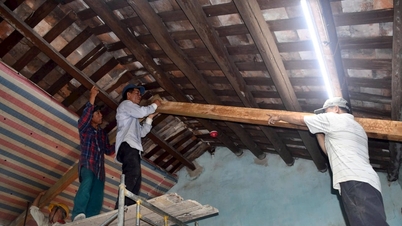


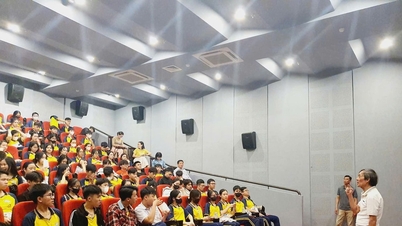












Comment (0)